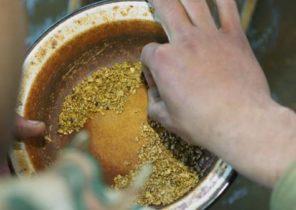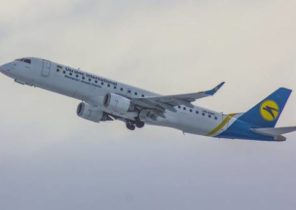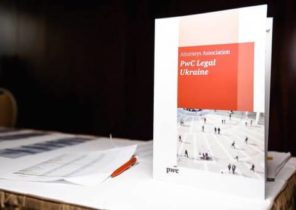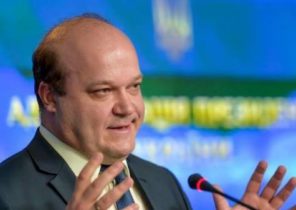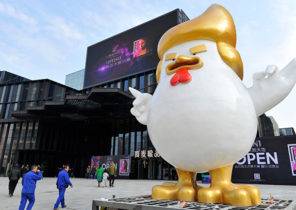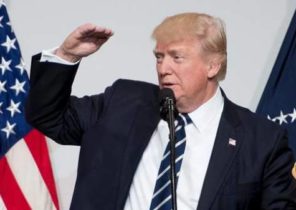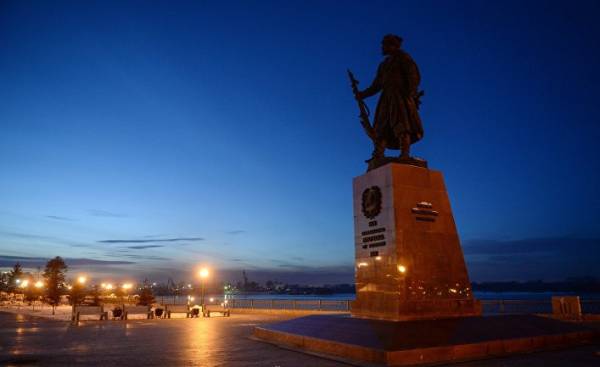
In 2014, many Russian lives become more complicated, and yet the approval rating of Vladimir Putin, who actually runs the country for 17 years, and has not fallen below 80% since the annexation of Crimea three years ago.
It’s a paradox that I constantly face when traveling in Russia: people say that they live hard and what little power they help, but their support for the President remains high. I went to Irkutsk, located in a six-hour flight from Moscow, in the heart of Siberia, to understand some of the reasons for this discrepancy.
Life in the city difficult. It HIV is rampant and widespread heroin addiction, and the housing is increasingly dilapidated. In December dozens of people were killed after drinking the poisonous contents of the “Hawthorn” — bath concentrate, you drank it because it has ethanol.
Although Irkutsk has experienced economic recovery during the years of the oil boom, as the rest of Russia, the situation is getting worse 2014. A recent survey showed that 41% of Russian problems with food and clothing. Many people are nostalgic for the Soviet era. In short, their complaints are a more intense version of suffering from what many post-industrial Western society in the last couple of years. In Western countries, the socio-economic decline and political reduction of civil rights led to the disturbances against politicians and elites to bracito, Donald Trump and the growth of right-wing forces.
But almost everyone with whom I spoke in Irkutsk, told me that no matter what problems they may encounter in everyday life, the government they don’t. Elena, who heads the country team, complained that the corrupt scheme of the local energy company was the reason that “they did not have electricity even to boil a kettle”.
The authorities did nothing and the people were given to understand themselves. But when I asked about Putin, she said, “I’m Russian, I fully support it.” In school number 45 some of the children say that the parents stop buying their favorite food, because the family budget has decreased, but even 12-year-olds were big fans of Putin.
The most recent survey of the independent center “Levada” shows that 84% of Russians approve of Putin, while only 53% believe that “the country is moving in the right direction,” — a discrepancy that does not fit in the head.
The first reason for this is proven the message of the regime, which relies on the contrast between “stability” of today and the chaos that prevailed in the 1990s, when the situation was really horrible for most Russians. A few units managed to divide all the prey in the process of privatization, and most of the population was left in poverty.
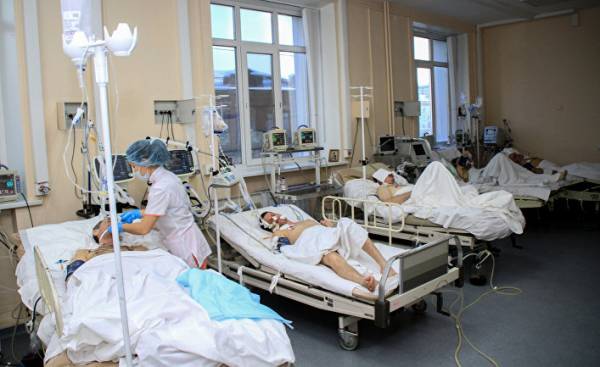 © RIA Novosti, Cyril Shipitsin | go to fotobanka poisoning surrogate alcohol in Irkutsk
© RIA Novosti, Cyril Shipitsin | go to fotobanka poisoning surrogate alcohol in Irkutsk
“Westerners have not lived here in the 90s” says the young politician from Irkutsk Alina Popova, a student of 22 years — “I haven’t lived in the 90s, but people talking about stability. Putin came and brought stability.”
You can understand why this message worked in the early years of Putin’s rule, which coincided with rising oil prices, which led to the improvement of the lives of many people. The war in Chechnya was over, the bandits disappeared from the streets, and existential and economic despair after the collapse of the Soviet Union began to wane. Surprisingly, however, that in 2017 it still works, and repeat it like a mantra, even people like Popov — too young to remember the 1990s.
This is at least partly dependent on constant exposure to television. Putin is portrayed as a “good king” who is trying to call to order their dishonest and corrupt vassals. The idea that, even if you don’t like Putin, then the choice is still there, turned into a self-fulfilling prophecy, thanks to the state mechanism which takes care that the forces of the opposition was never enough air. Most of the support for Putin is like a default vote “against chaos” and not “for Putin”.
Alexei Navalny, anti-corruption activist, who announced that he would compete with Putin in elections next year, is unlikely to run because of persecution and trial, but his brother is already a few years in jail. Navalny accused Putin of creating a system that will not change, come to the ballot box and then opening the way for possible riots.
Putin’s Russia is a strange type of authoritarianism, soft and electoral dictatorship that exercises control for the most part with a fear of what can happen to you than outright bans. On the Central stage of the state theatre in Moscow it is possible to deliver sharp dystopian satire on modern Russia. At the same time, people are in court for the “likes” of controversial posts on Facebook or sent to prison for very minor incidents during the protests. As a result, people doubt whether it is necessary to protest, given that they can still lose more than gain. Maybe nothing will happen, but “perhaps” is not a guarantee.
For example, students who were going this weekend to join the protest in connection with the corruption investigation of Prime Minister Dmitry Medvedev, gathered teachers and gave them the brainwashing, captured on video explaining how stupid and unpatriotic to go to the protest.
In Irkutsk, a local University Professor Alexey Petrov, a historian, known for his opposition political activities, told me that he was recently fired. The official reason was that he missed too many classes, but he argues that actually it’s just considered “politically unreliable.” Olga zhakova, the candidate of the “Open Russia”, the opposition party founded by former tycoon Mikhail Khodorkovsky, has published a report on the audits and harassment at work. In such circumstances, most people prefer not to raise their heads.
Putin’s ratings fall to 60% in 2012 — what’s appropriate for any Western politician, but dangerous enough by the standards of the Russian President. The protests spread to major cities of the country, when people demanded something more than just “stability”.
In response Putin, who returned to the presidency in 2012 after a four year hiatus as Prime Minister, took a more conservative course, by setting the majority of Russians against disgruntled minorities. This more aggressive turn when Russia seemed to be under attack from the West, and the liberals from the inside, culminated in 2012. Strong progress made in respect of Ukraine and subsequent Western sanctions, has led to the fact that the Russian rallied, supporting the top. Analyst and former Kremlin Advisor Gleb Pavlovsky described 2014 as a “political orgasm” Russia, which has again started to support Putin. “He was quick, but memorable, and Russia over the last hundred years they are generally there were many of them. And now the Crimean orgasm moved into the Crimean Syrian-trompowsky orgasm. How long does the effect of it — it’s hard to say, because this phenomenon is not logical.”
